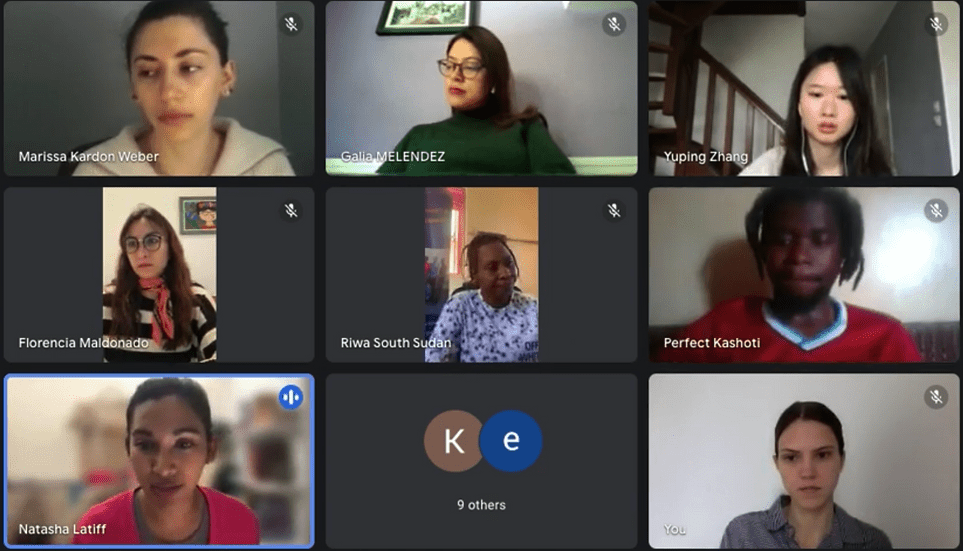Report on "The promise of legal empowerment, to expand and transform access to justice"
The UN Special Rapporteur on the independence of judges and lawyers, Margaret Satterthwaite, made a call for inputs for a thematic report on the promise of legal empowerment, to expand and transform access to justice.
Justice systems world around are is not friendly, supportive, capable and, above all, equitable.
Many survivors of violence are turned away, forced to mediate with perpetrators, denied their right to register their reports, and their testimony is treated discriminatorily. Many forms of gender-based violence are also still not recognized as crimes.
SAHR provided a joint submission with 22 HRDs from 18 countries.
Our focus: How can legal empowerment transform survivors' access to justice?
What is Legal Empowerment?
Legal Empowerment is an approach that utilizes legal mechanisms to pursue transformative improvements to laws and systems in communities confronting injustice.
What are barriers to legal empowerment?
Law enforcement and personnel within justice systems are not adequately trained on GBV case management.
Harmful gender stereotyping prejudices the analysis of GBV cases.
Lack of comprehensive and holistic care systems for survivors to heal as they seek justice.
Economic inequalities are not accounted for as a barrier to justice.
Legal empowerment modalities and innovations
Paralegals can sit-in in courts to offer support to the survivor and take part in alternative dispute resolution.
The introduction of GBV hotlines simplifies the issue of referrals, thereby strengthening the work and connections between human rights defenders, police, lawyers, and health practitioners.
Holistic and coordinated provision of psychosocial counseling, legal and economic support.
Use of alternative justice systems is encouraged to decongest the backlog of cases in court.
Listening and Orientation Units support survivors of SGBV with mental health and psychosocial support counseling.
Click here to read the full document of our submission
SAHR leads and facilitates joint advocacy with other women and diverse leaders in policy, to shape international standards and norms on SGBV and access to justice.
✨ Interesting in joining us in future submissions? Become a Member: http://sa-hr.org/empower
This report was co-authored by Catalina Dominguez-Fernandez, Natasha Latiff and Sara Bergamaschi of SAHR, together with Evelyn Bisona Fonkem from Cameroon, Turaya Yusr from Yemen, Irene Abbock from Vanuatu, Manisha Dissanayake from Sri Lanka, Enjeela Hedayat from Afghanistan, Isabella Mwangi from Kenya, Mary Adhiambo Ojwang from Kenya, Florencia Valentina Maldonado from Argentina, Perfect Kashoti from Malawi, Marissa Kardon Weber from USA, Galia Melendez from Mexico, Asan Ramadan from South Sudan, Awok Nancy from Kenia, Yuping Zhang from China, Martha Jobe from South Sudan, Pirjo Turk from Estonia, Hagin Watwati from Kenya, Sima Jallad from Palestine, and the organizations Africa Youth Trust from Kenya and Women & Justice from India.


